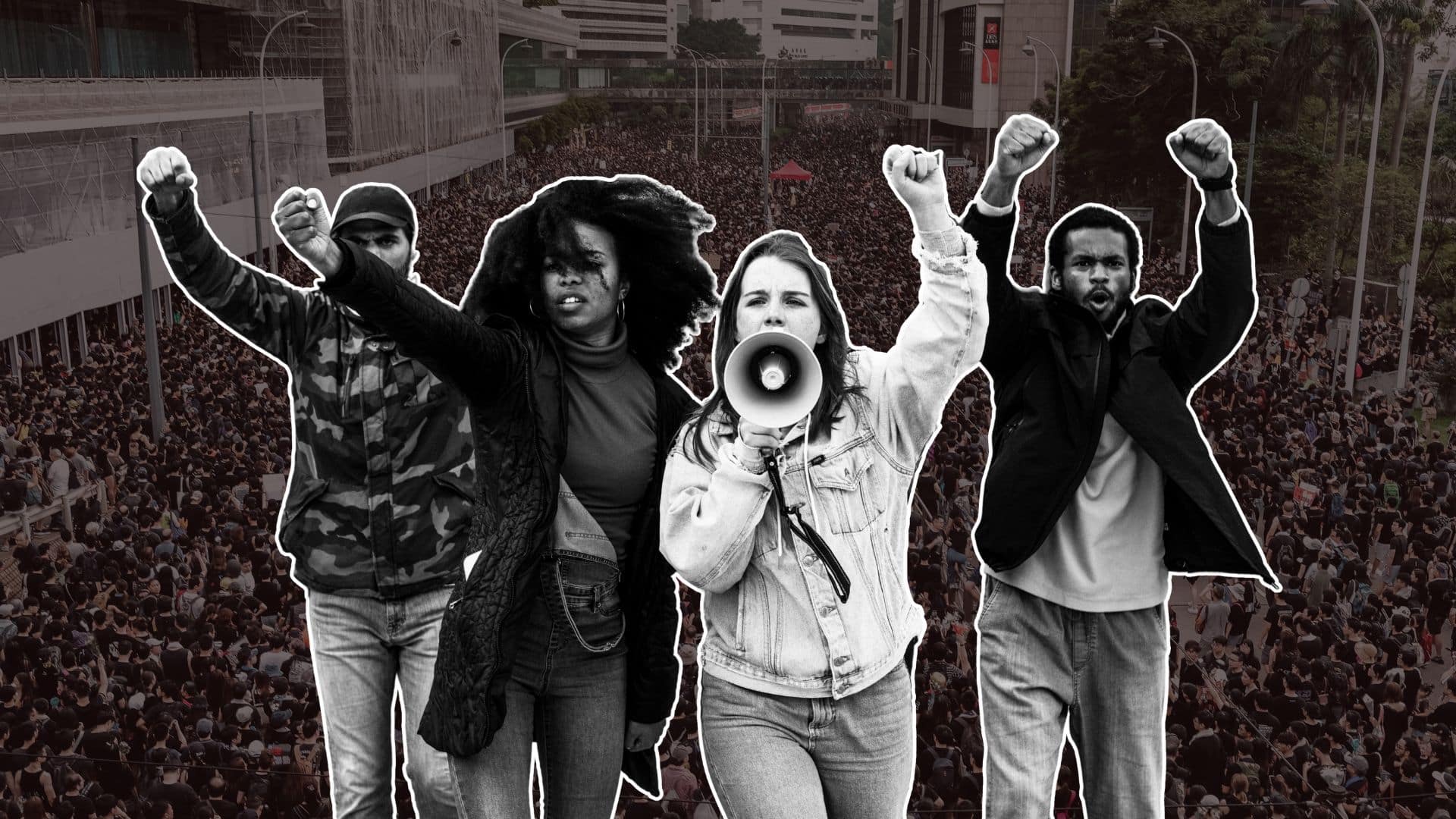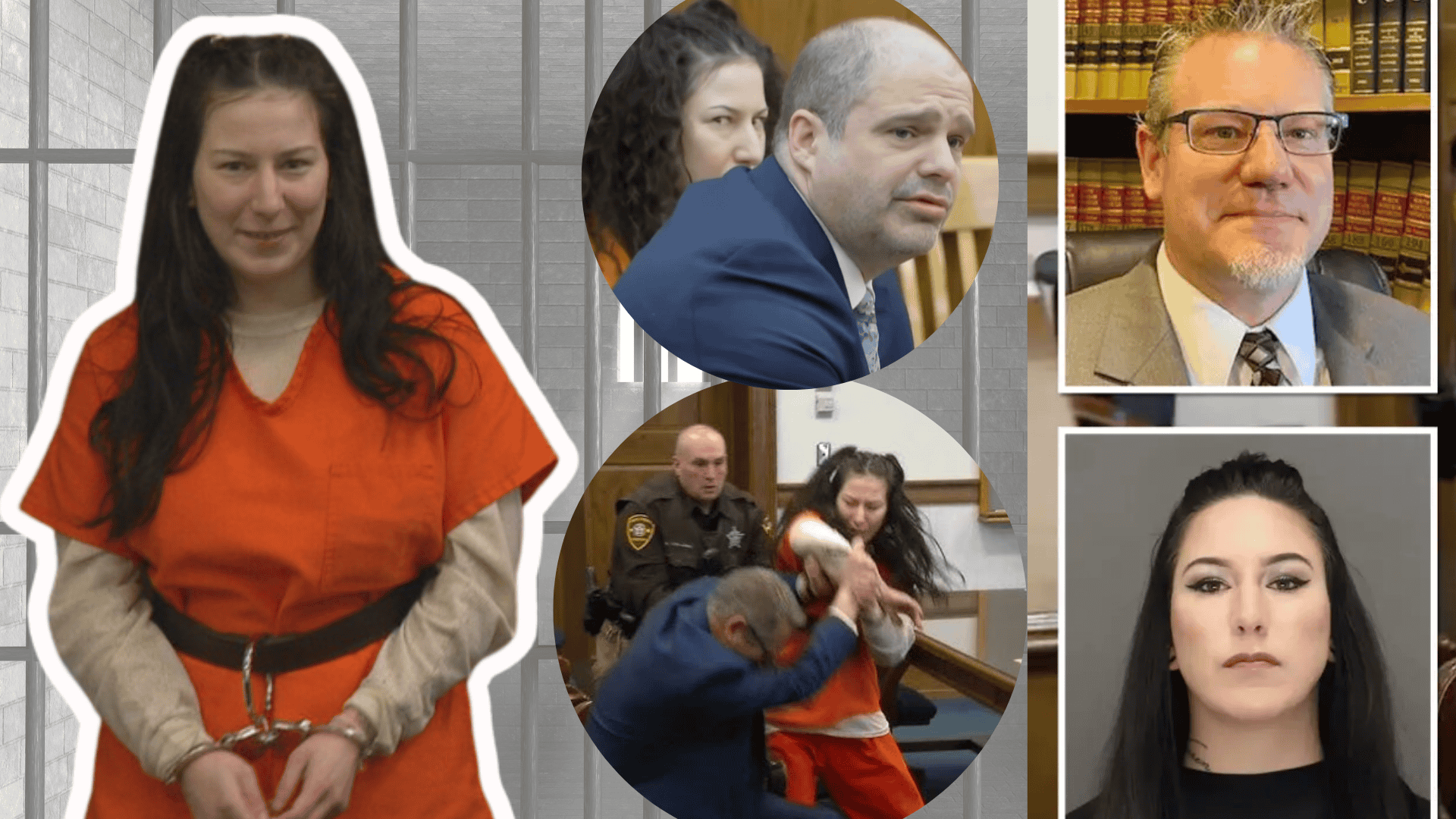On August 11, 2014, the world lost one of its most beloved entertainers. Robin Williams, the man who made millions laugh, died by suicide at age 63. His death shocked fans worldwide who knew him as a source of endless joy and energy.
But behind the laughter lay a different story. Williams fought battles that few people understood, including an undiagnosed brain disease that changed everything in his final months.
Williams began as a stand-up comedian in San Francisco in the late 1970s. His breakthrough came with “Mork & Mindy” in 1978. He later won an Oscar for “Good Will Hunting” and voiced the Genie in “Aladdin.”
Career Highlights:
- Stand-up comedy in San Francisco clubs
- “Mork & Mindy” TV success
- Oscar win for “Good Will Hunting”
- Iconic roles in “Dead Poets Society” and “Mrs. Doubtfire”
The world saw Williams as full of energy and joy. Behind the scenes, he fought serious battles. He struggled with depression, addiction, and anxiety for years. He also faced financial troubles and health problems.
How Did Robin Williams Die?
Robin Williams died by suicide on August 11, 2014, at his home in Paradise Cay, California. The Marin County Sheriff’s Office confirmed he died by hanging.
He was 63 years old at the time of his death. His personal assistant found him in his bedroom that morning. The authorities ruled his death a suicide after their investigation.
|
FINAL TIME Official time – He was pronounced dead at 12:02 PM August 10, 2014 Williams was last seen alive by his wife, Susan Schneider, around 10:30 PM. Late evening, He went to his bedroom while his wife stayed in another room August 11, morning His personal assistant arrived at the house around 11:45 AM. The assistant found Williams unresponsive in his bedroom. Paramedics arrived but could not revive him |
The autopsy revealed no alcohol or illegal drugs in Williams’ system at the time of death. However, doctors found prescription medications that were within normal levels.
The toxicology report showed therapeutic levels of antidepressants in his blood. These medications were prescribed for his depression treatment.
The medical examiner confirmed that these drugs did not contribute to his death. The autopsy also revealed that Williams had been suffering from Lewy Body Dementia, a brain disease that was not diagnosed while he was alive.
Why Did Robin Williams Kill Himself?
Williams’ death resulted from a combination of lifelong mental health struggles and an undiagnosed brain disease that severely impacted his final months.
1. Mental Health Battles
Robin Williams fought depression throughout his adult life. He entered rehab in 1982 for cocaine and alcohol addiction. He stayed sober for 20 years before relapsing in 2003.
The comedian often said performing gave him temporary relief from dark thoughts. Off stage, depression would return stronger. He took antidepressant medications and worked with therapists regularly. Friends noticed he seemed sadder and more anxious in his final months.
2. Lewy Body Dementia Discovery
The autopsy revealed Williams had Lewy Body Dementia (LBD). This brain disease was not diagnosed while he was alive. LBD causes hallucinations, confusion, memory problems, and severe depression.
Williams likely experienced symptoms months before his death. These included visual hallucinations, sleep problems, and personality changes. His widow said the LBD explained many puzzling behaviors, including trouble remembering lines and increased paranoia.
3. Declining Health Impact
Williams noticed cognitive changes in his final year. He struggled with memory during film shoots and needed lines fed through an earpiece. The brain disease also affected his motor skills, causing tremors and slower movement.
LBD patients experience severe anxiety and panic attacks. Williams had both symptoms along with sleep disturbances. He would wander the house at night, confused and agitated. The combination of lifelong depression and advancing brain disease created overwhelming distress.
Legal and Investigative Aspects of Robin Williams’ Death
Williams’ death triggered standard legal procedures for suicide investigations, balancing public interest with family privacy rights while his estate underwent complex probate proceedings.
Aspect 1: Law Enforcement Procedures
When someone dies by suicide in California, police must follow strict investigation procedures. Officers secured Williams’ home immediately after the discovery.
They documented the scene and collected physical evidence. The Marin County coroner took over the official death investigation.
California law requires an autopsy for all suspected suicide cases. Investigators interviewed witnesses and family members. The investigation concluded with a formal ruling of suicide.
Aspect 2: Privacy vs. Public Interest
High-profile deaths create tension between public curiosity and family privacy. California law keeps certain autopsy details confidential.
Legal protections limit what personal information can be released. The basic death certificate and cause of death become public records.
Some investigative documents remain sealed by the court permanently. Authorities chose to release minimal details out of respect for the Williams family.
Aspect 3: Estate and Probate Law
Williams’ estate went through California’s probate court system. His will determined how assets would be distributed among beneficiaries.
Legal disputes arose between family members over personal items and financial matters. The estate faced significant federal and state tax obligations.
Courts required professional appraisals of all properties and investments. The probate process took several years to complete.
Aspect 4: Suicide Laws and Legal Protections
Suicide is not considered a crime under current U.S. law. The legal system recognizes that mental illness can affect a person’s decision-making capacity.
Life insurance policies often contain suicide clauses with specific waiting periods. Medical privacy laws like HIPAA still protect mental health records after death.
High-profile cases like Williams’ often influence future mental health legislation and awareness campaigns.
Conclusion
Robin Williams’ death reminds us that mental health struggles can affect anyone, regardless of fame or success.
His battle with depression and undiagnosed Lewy Body Dementia created an overwhelming situation that led to his tragic decision.
His story highlights why we need better mental health awareness and early diagnosis. Even those who bring joy to millions may be fighting invisible battles. We must improve support systems for people facing similar challenges.
If you or someone you know is struggling, please seek help. The National Suicide Prevention Lifeline is available 24/7 at 988. Remember, asking for help shows strength, not weakness.
What do you think we can do better to support mental health in our communities?







































